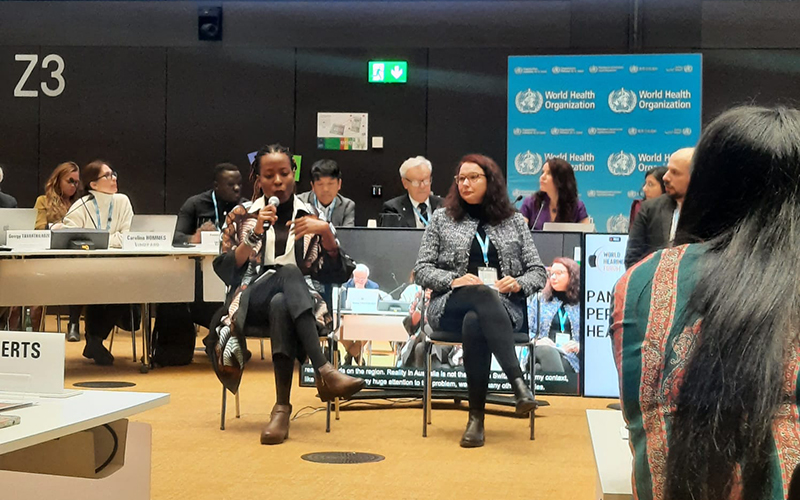
World Hearing Forum: Advocating for a Sound Public Health Approach

World Hearing Forum: Advocating for a Sound Public Health Approach
News
Dec 5, 2023
The World Hearing Forum convened on November 27-28 in Geneva, uniting global stakeholders committed to advancing ear and hearing care. As representatives of the World Federation of Public Health Associations Public Engagement Taskforce (WFPHA PET), we were honored to participate in this vital initiative.
The Global Impact of Hearing Impairment:
Hearing impairment affects approximately one in five individuals worldwide, constituting a significant public health challenge often underestimated. While the types of hearing impairment and treatments vary across age groups and causes, the issue persists throughout the lifespan. Unfortunately, routine screening remains inconsistent, primarily focusing on infants and young children in limited regions. Innovative programs, such as streamlined hearing aids and accessible screening methods administered by trained health workers, are emerging to address these gaps.
Forum Highlights:
Day One: Voices of Those with Hearing Loss:
- The initial day spotlighted the experiences of individuals with hearing loss, their families, and friends.
- Key issues included the stigma associated with wearing hearing aids, misconceptions about sign language, and challenges in accessing screening and related services.
Day Two: Perspectives of Service Providers:
- The second day delved into the experiences of service providers, with a focus on the public health aspects of hearing care.
- Elisabeth Tshiama Mukendi, representing WFPHA, highlighted the connection between public health competencies and healthy hearing.
Audience Participation and Workshops:
Both days featured workshops engaging participants in identifying causes of hearing loss and proposing remedial actions. Attendees collaboratively discussed organizations and individuals capable of championing improved services.
Addressing the Perception Gap:
Hearing impairment often faces dismissal, attributed to factors such as aging or occupational noise exposure. However, beyond the physical hazards, it contributes to associated health problems, hindering complete understanding of instructions and withdrawal from situations requiring optimal hearing.
Call to Action:
A comprehensive awareness campaign is imperative, targeting communities, health providers, practitioners, and policymakers to advocate for screening at all ages. This inclusive approach encompasses birth, childhood, noisy work environments, regular attendees of loud venues, and older individuals.
Public Health Competencies for Hearing Loss:
The forum emphasized the need for:
- Comprehensive surveillance programs.
- Maintenance of remedial programs, including during emergencies.
- Access to appropriate equipment and medical devices.
- Vaccination against infections linked to hearing loss.
In conclusion, hearing loss demands a collective commitment to public health, urging us to recognize its pervasive impact and work collaboratively toward a world where healthy hearing is a shared priority.

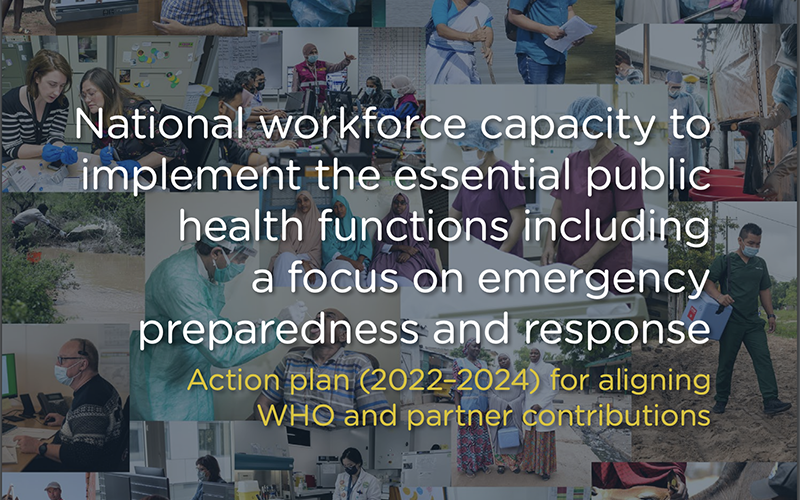
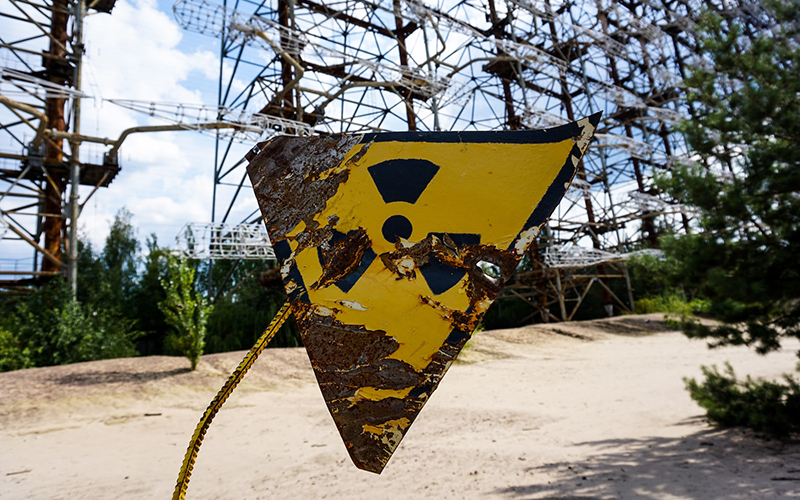
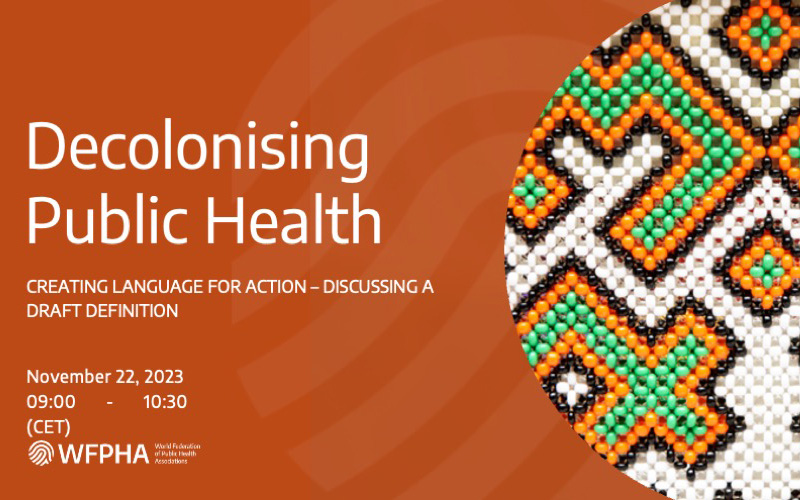
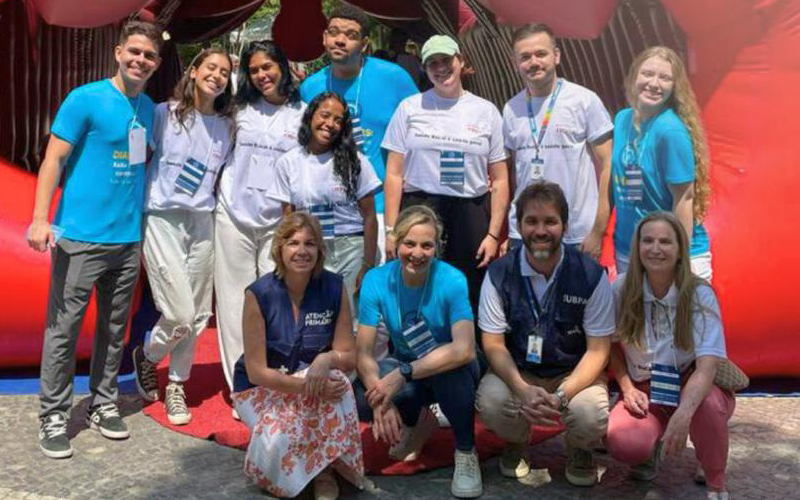
Recent Comments